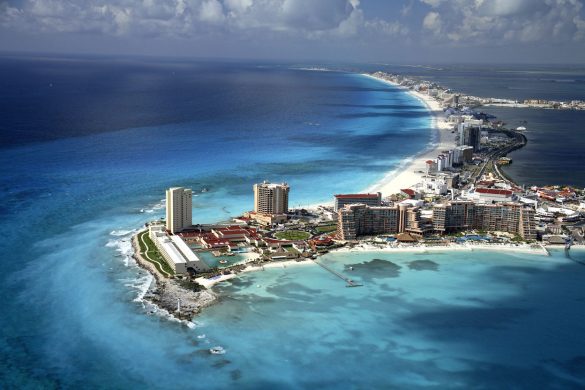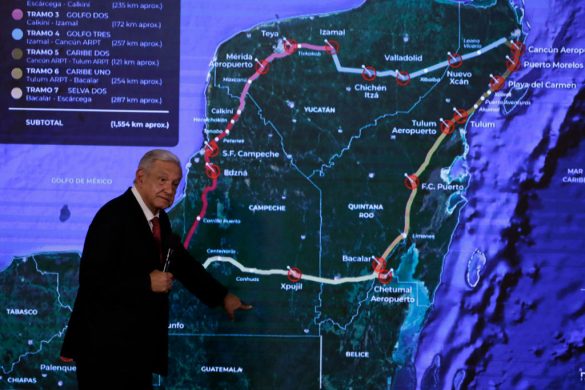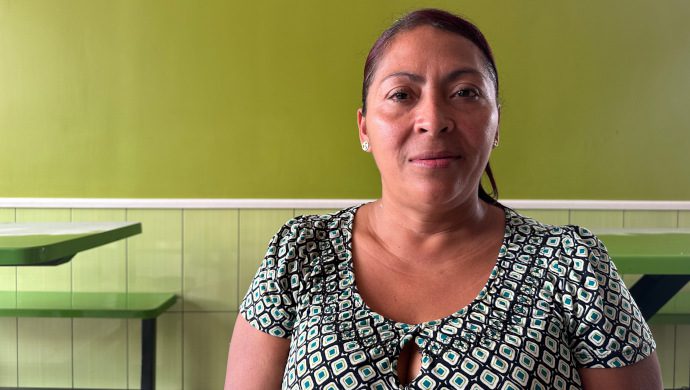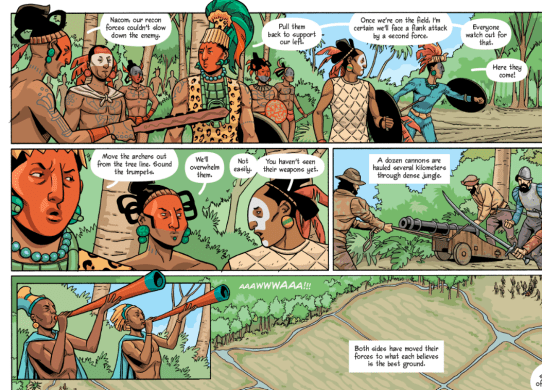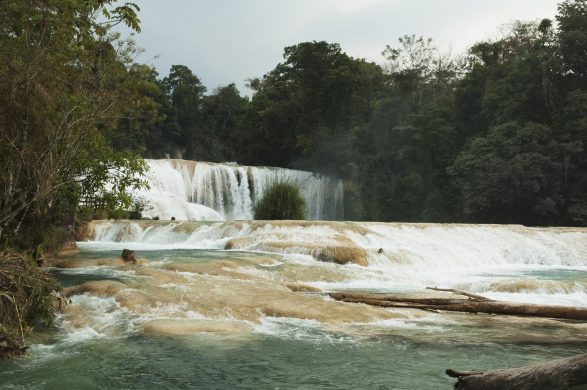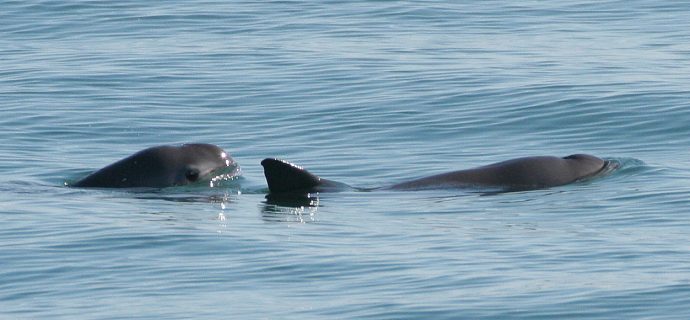Delstaten Quintana Roo i Mexico vil sammen med miljøorganisationen The Nature Conservancy beskytte en af de helt store turistattraktioner i området, skriver den grønne organisation i en pressemeddelelse.
Det drejer sig om en del af det store Mesoamerikanske Koralrev, som slanger sig på bunden af det Caribiske Hav ud for Mexicos østkyst.
Her ligger bl.a. den kendte turistby Cancún.
Beskyttelsen skal foregå gennem en fond, som kaldes The Coastal Zone Management Fund. Det skal foregå gennem en form for forsikiring for skader på koralrevet.
Det sker i året, som er udnævt til internationalt år for koralrev.
Disse naturvidundere under vand er stærkt truet af klimaforandringer og naturødelæggelse.
En af truslerne er orkaner. En orkan i kategori 4 eller 5 kan ødelægge 20-60% af de levende koraller på havets bund. På den anden side beskytter koralrevene mod skader fra de voldsomme vejrfænomener.
Koralrevene beskytter dermed kysterne og de hvide sandstrande i området.
Guvernøren i delstaten udtrykker glæde over ordningen, og nævner, at den caribiske del af Mexico årligt besøges af 12 millioner turister, hvilket giver omkring 9 milliarder dollar (lidt over 50 milliarder danske kroner) i indtægter til landet.
Andre partnere i projektet er en sammenslutning af hotelejere (Puerto Morelos Hotel Owners’ Association) samt mexicanske universiteter.
The Rockefeller Foundation har bidraget med midler.
Der er ifølge miljøorganisationen tale om en helt ny måde at finansiere denne type af projekter på. Det foregår gennem en forsikringsordning, hvor midlerne hentes fra turistindtægter og andre offentlige midler.
De skal gå til at styrke bevarelse af koralrevet og styrke den økonomiske modstandskraft i regionen.
Udtalelser
“The Coastal Zone Management Trust and insurance for beaches and reefs are key elements for the protection of the coastal infrastructure, economy and jobs of the most important tourist destination in Mexico,” said Carlos Joaquín González, Governor of the State of Quintana Roo. “The Mexican Caribbean is visited by nearly 12 million tourists every year, which generate around 9 billion USD to the country, but these benefits are threatened by the possible presence of natural disasters such as hurricanes and storms that cyclically put us in risk. We have the advantage of being protected by the Mesoamerican Reef and that is why we are committed to the recovery and protection of our beaches and reefs.”
“This insurance-for-nature approach is a promising example of creative financing to address imminent challenges facing marine ecosystems, both in Mexico and around the world,” said Mark Tercek, President and CEO of The Nature Conservancy. “The Mesoamerican Reef plays a critical role in protecting residents, tourists, and businesses from storm surge and sea-level rise. This announcement is a win-win-win: for conservation, for the community, and for Mexico’s economy.”
Martyn Parker, the Chairman of Global Partnerships at Swiss Re, stated: “Coral reefs are not just crucial to the health of our planet, they reduce risk from natural disasters and they are valuable assets for the tourism industry and the local economy as well. By combining both private capital with public resources we help governments in vulnerable regions plan ahead more consciously to protect their natural assets. In speeding-up the recovery after a natural disaster, they can reduce the hit to the local and national economies overall. What we see is a new type of parametric insurance product that offers rapid disbursement of capital that can be adopted for broader application in the market. We regard it as an effective tool to help nations protect the oceans and achieve climate resilience.”
“We are proud to have been one of the initial funders of this project, which monetizes the protective value of nature and will boost interest in and understanding of nature-based resilience,” said Saadia Madsbjerg, Managing Director, The Rockefeller Foundation. “At the international level, interest in the use of insurance and risk transfer as a means of protecting people and property against the increasing costs of severe weather continues to grow. The next phase of this work will be to investigate the very real potential to take this insurance/trust model to scale to benefit some of the world’s most vulnerable communities.”

